The cleanliness of the property is one of the most frequent reasons for disagreements at the conclusion of tenancy. Landlords anticipate receiving their rental units back in a tidy and attractive condition. And if that doesn't happen, they frequently deduct money from the tenant's deposit to pay for additional cleaning expenses.
Making prevention a top priority from the beginning of a tenancy is the greatest approach to avoid a cleaning disagreement at the conclusion of it. You won't have to be concerned about disagreements when you move out if your rental house is consistently tidy.
How clean is clean, though?
It's possible that your landlord has different standards for cleanliness than you do. How do you know that you and your partner have the same standards for cleanliness? Obviously, through simple communication. And that starts as soon as the tenancy officially starts.
You should document any cleaning concerns you uncover by taking pictures and making a list while you and the landlord go throughout the property. Asking for these concerns to be resolved before to signing a lease is well within your rights.
Use the best cleaning techniques.
It's OK to include a list of the precise housekeeping tasks your landlord anticipates over the term of your lease. Since everything is laid out in the open, you, the renter, are clear on what is expected of you.
Before regaining control of a property, landlords anticipate the following key tasks to be finished:
• A complete oven clean-up
• Complete hob cleaning
• Cleaning of all kitchen appliances
• Complete bathroom cleaning
• Emptying, cleaning, and sanitizing every bin
• Windows were washed
• Cleaning and sanitizing of carpets and hard floors
Little and frequently cleaning
Do not put off cleaning until the day before you depart. That will only lead to tragedy. Your landlord won't be impressed with the outcomes because cleaning will be rushed. Cleaning needs to be a regular habit. You won't notice much of a difference in your life whether you clean frequently and infrequently.
Get the required tools.
If you don't have the right equipment, you can't maintain your house clean. Most likely, you'll be required to supply cleaning supplies like sanitizers and all-purpose cleansers. What about bulkier products, though?
Make sure you understand what cleaning supplies are included with the rental before you sign a lease. And make sure you document everything with a thorough inventory.
Resolving a cleaning disagreement
After the final inspection of the property, if your landlord is dissatisfied with your cleaning efforts, sit down and attempt to come to an amicable agreement. Re-cleaning or tackling a particular issue with extra tenacity is frequently sufficient to satisfy a reasonable landlord.
Tenancy cleaning guidelines
An issue that has to be addressed right away is cleanliness. Cleanliness should be one of your top objectives as soon as you walk inside the home for a first viewing.
We have put up a quick tenancy cleaning checklist to assist you in safeguarding your interests:
• Check that the leasing agreement specifies the specific cleaning requirements.
• Record in the leasing agreement and the inventory the state and cleanliness of all objects and surfaces.
• Prior to moving in, take pictures of every room, surface, and appliance.
• Find out what cleaning standards are expected during the lease.
• Keep track of all cleaning assignments and expenditures.
• At least one week before to moving out, request an end-of-tenancy checklist from your landlord.
Cleaning isn't tough, but it does involve planning, commitment, time, and the right equipment. Don't take the chance of losing your security deposit entirely or in part because of a small cleaning problem.

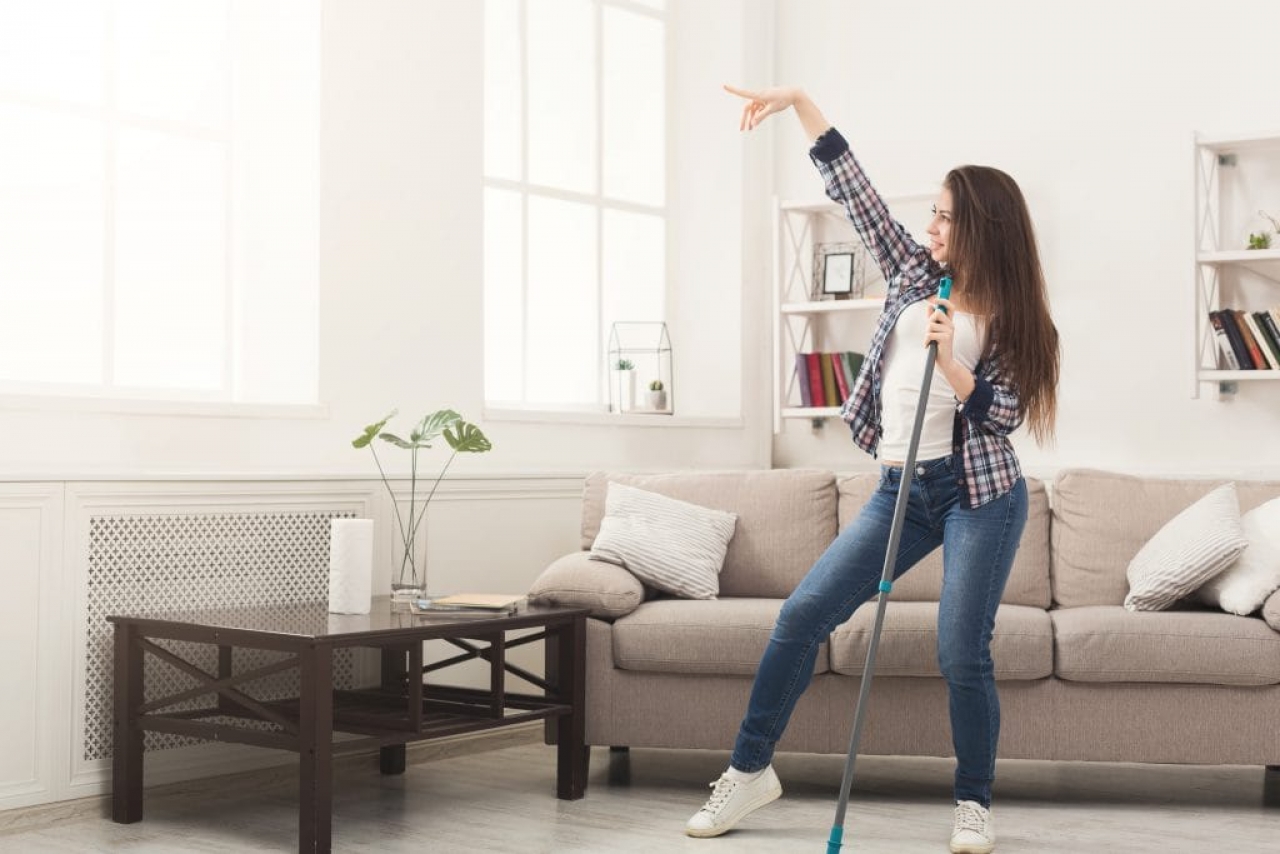
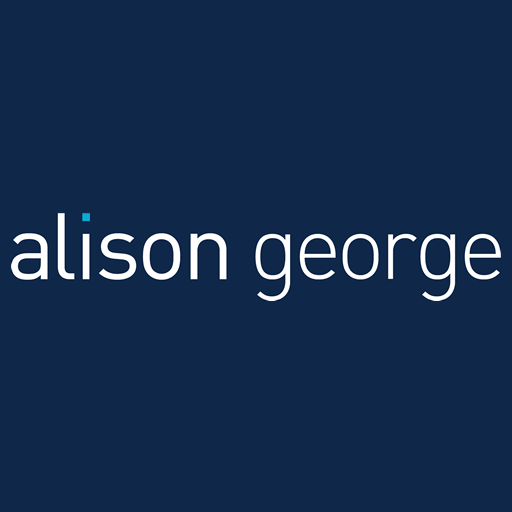 By
By 
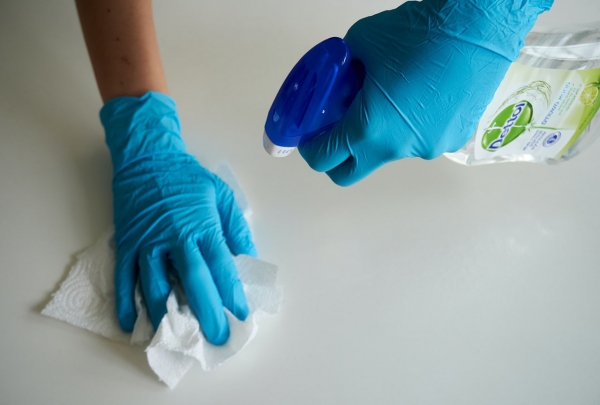
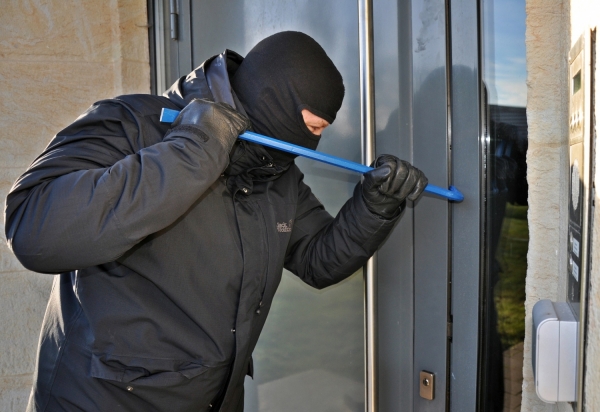
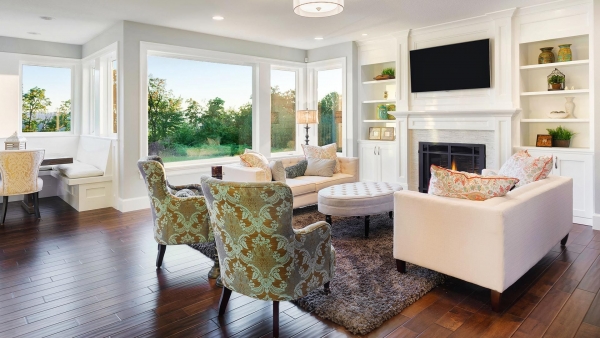
Share this with
Email
Facebook
Messenger
Twitter
Pinterest
LinkedIn
Copy this link